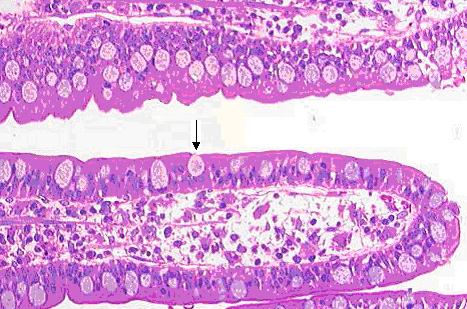Maintaining glandular health is essential for overall well-being as glands play vital roles in hormone regulation, metabolism, and various physiological processes. While each gland has its own specific requirements, here are some of the easiest glands to maintain:
- Thyroid Gland: The thyroid gland, located in the neck, produces hormones that regulate metabolism, growth, and development. To maintain thyroid health, consume a balanced diet rich in iodine, selenium, and zinc, as these nutrients are essential for thyroid hormone synthesis. Avoid excessive consumption of goitrogenic foods, such as cabbage and broccoli, which can interfere with thyroid function in large quantities. Regular monitoring of thyroid hormone levels through blood tests is also recommended.
- Adrenal Glands: The adrenal glands, situated on top of the kidneys, produce hormones involved in stress response and regulation of blood pressure. To support adrenal health, adopt stress management techniques such as meditation, exercise, and adequate sleep. Maintain a balanced lifestyle, including a nutritious diet, regular physical activity, and sufficient hydration. Avoid excessive caffeine and stimulant intake, as they can strain the adrenal glands.
- Pancreas: The pancreas, located behind the stomach, plays a crucial role in blood sugar regulation by producing insulin and digestive enzymes. To support pancreatic health, maintain a balanced diet low in refined sugars and saturated fats. Consume fiber-rich foods, such as fruits, vegetables, and whole grains, to promote healthy digestion. Regular exercise and maintaining a healthy weight are also beneficial for pancreatic health.
- Pituitary Gland: The pituitary gland, often referred to as the “master gland,” controls the function of other endocrine glands and regulates hormone production. Maintaining overall good health and addressing any underlying hormonal imbalances are essential for pituitary gland health. Regular check-ups and consultation with a healthcare professional can help monitor and address any potential issues.
- Pineal Gland: The pineal gland, located in the brain, produces the hormone melatonin, which regulates sleep-wake cycles. Maintaining a consistent sleep schedule, practicing good sleep hygiene, and creating a sleep-friendly environment can support the health of the pineal gland. Minimize exposure to artificial light, particularly before bedtime, as it can interfere with melatonin production.
- Salivary Glands: Salivary glands produce saliva, which aids in digestion and oral health. To maintain salivary gland health, stay hydrated by drinking plenty of water throughout the day. Avoid excessive alcohol consumption and smoking, as they can impair salivary gland function. Good oral hygiene, including regular brushing and flossing, can also help prevent conditions like dry mouth and salivary gland infections.
While these glands are relatively easier to maintain, it’s important to remember that overall health and lifestyle practices contribute to the well-being of all glands. Regular medical check-ups, a balanced diet, physical activity, stress management, and adequate sleep are crucial for optimal glandular health. If you have specific concerns about a particular gland, it’s recommended to consult with a healthcare professional for personalized guidance.










